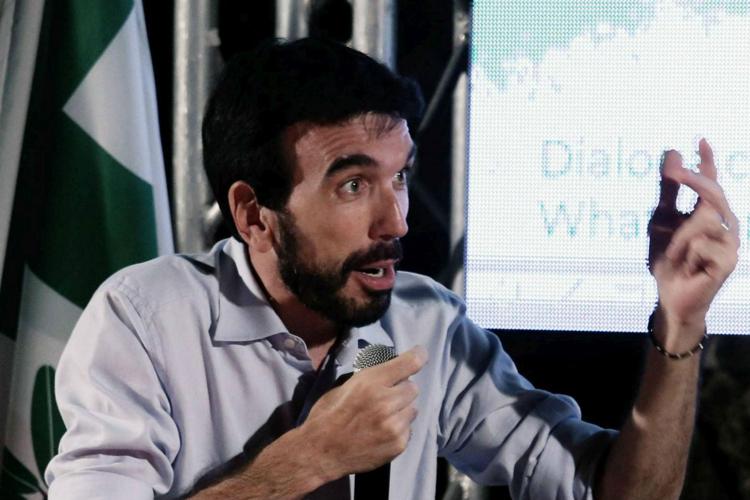

The COVID-19 pandemic has impoverished an extra 130 million people worldwide, a drama that compels nations to act faster or fail to achieve zero-hunger by 2030, the UN Food and Agriculture Organisation's second-in-command Maurizio Martina told Adnkronos in an interview.
"If before the pandemic there were about 700 million poor people at risk of poverty on the planet, after all these months of the Covid-19 pandemic, there has been a dramatic, an exponential increase," Martina said.
"We are talking about 130 million new poor," said Martina, a former agriculture minister, who stood down last month as an MP for the centre-left Democratic Party to become FAO's deputy director-general and senior advisor.
The number of people entering the critical threshold of food poverty all over the word to due to countries' agricultural, food and environmental shocks is "merciless" and must make the international community reflect, said Martina.
Even western countries like Italy "in the heart of Europe" have seen a sharp increase in the number of poor people struggling to feed themselves or "of severe food poverty" Martina stated.
FAO and other organisations are focusing on the challenge of designing programmes that can respond to this situation, where future food, agriculture and environmental systems are "crucial", Martina noted.
"We have seen very dangerous trends this year too: the restrictions on exports of some agricultural commodities, blocks on transport...and a doubling down on the use of tariffs, which have thrown entire communities, countries and regions into crisis."
One of FAO's chief goals is preventing possible emergencies, which depend on the frequency of infectious diseases like new zoonotic (animal) viruses, which coming on top of climate change, pose "serious" risks to world food systems, Martina underlined.
"Unfortunately, given the dramatic figures we face, we risk missing the goal of zero hunger in 2030," he said.
"Nine years away from 2030, that the pandemic has added new layers of complexity to the situation therefore governments and the international community need to accelerate action and shoulder further responsibilities," Martina went on.
FAO director-general Qu Dongyu and the entire organisation's staff are committed "on a daily basis" to highlighting these challenges that beset the world and to forging new action to tackle them, Martina said.
FAO has unveiled a detailed blueprint for "concrete steps" towards recovery from the Coronavirus pandemic containing seven key objectives it is trying to work on "with every national and international institution," Martina revealed.
"These range from the prevention of zoonotic pandemics to the fight against food waste, international trade and stronger rules for fairer markets that can ensure fair remuneration for producers," he said.
FAO also aims to address the issue of Big Data use and the digital revolution in agricultural production models, Martina stressed.
"One of today's great challenges is to make good use of technologies that can help overcome the challenge of ecological transformation and, therefore, of climate change," he argued.
To optimise sustainable development, however, the cost of these technologies must not be prohibitive, Martina warned.
"The issue is how much these technologies cost, can they be for the few or for the many?" he asked.